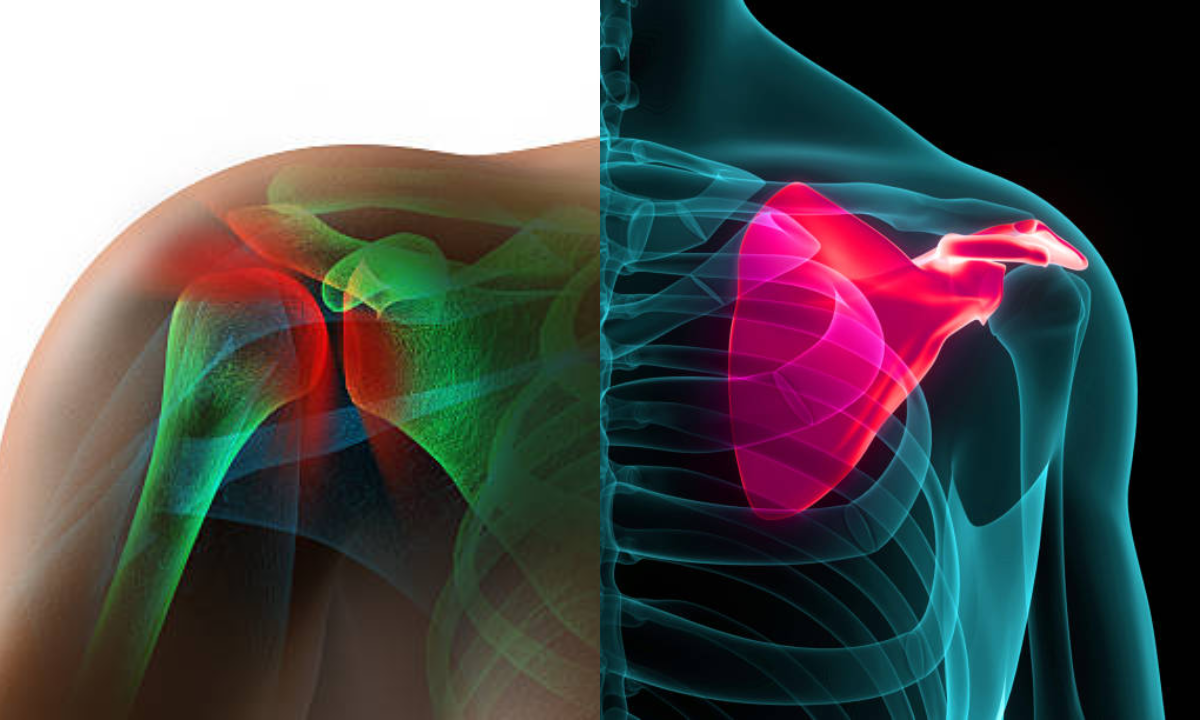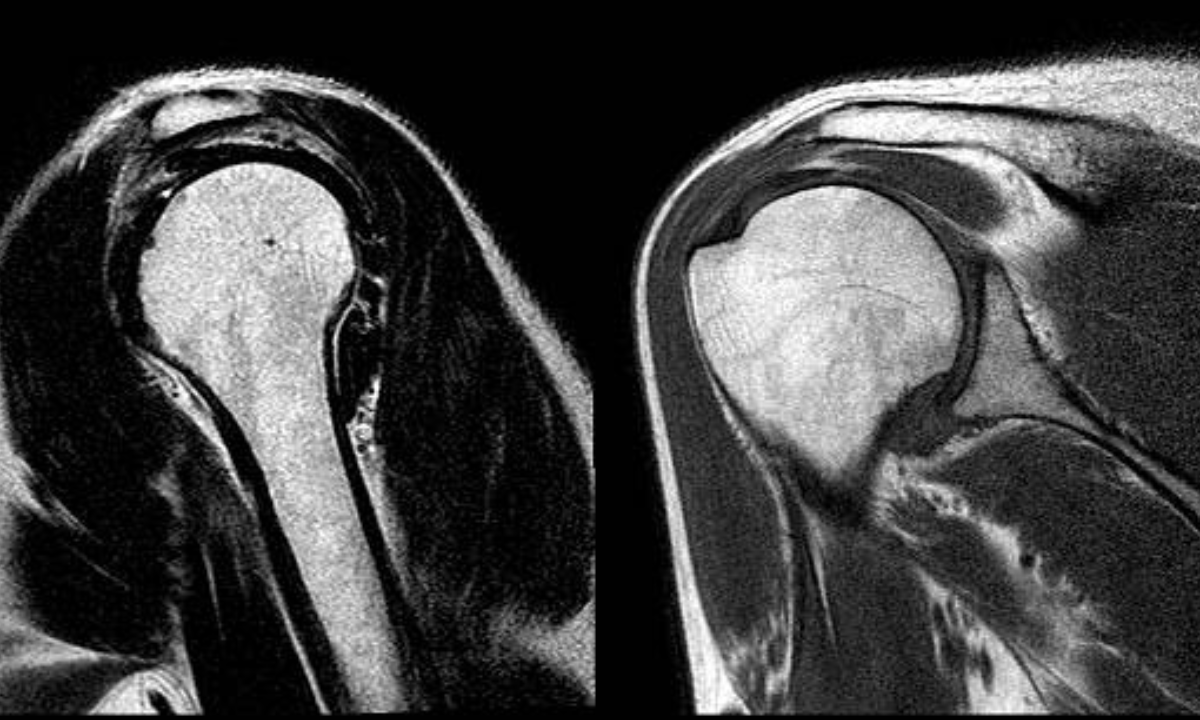Welcome to your entire guide to shoulder CT scans! If you suffer from shoulder pain or discomfort in Bangalore, you must comprehend this latest imaging technology. A shoulder CT scan provides detailed cross-sectional views of the shoulder joint, which can help diagnose fractures, arthritis, rotator cuff tears, and other conditions. Understanding the nuances of CT scans is crucial for athletes recovering from injuries and those looking to resolve recurring shoulder difficulties.
Throughout this essay, we will discuss the procedure’s complexity, how it works, the benefits, and any limitations to be aware of. We will also provide practical information on how to prepare for your scan, so you may have informed discussions with your healthcare practitioner. Do not let shoulder pain interfere with your lifestyle. As we discuss shoulder CT scan in Bangalore. so you may effectively manage your healthcare experience
Reasons to Get a Shoulder CT Scan

There are several reasons why a healthcare practitioner in Bangalore may recommend a shoulder CT scan as part of your diagnostic treatment plan. One typical application is to thoroughly assess suspected shoulder injuries, such as fractures or dislocations, in which CT scans provide more precise information than X-rays, allowing for more accurate treatment recommendations.
Another major application of shoulder CT scans is diagnosing arthritis in the shoulder joint, which can reveal bone spurs, cartilage loss, and joint degeneration. This accurate information enables the appropriate design of therapy plans for arthritis management. Furthermore, if you experience recurring shoulder pain or limited mobility, a CT scan can detect underlying abnormalities such as rotator cuff tears, bursitis, or impingement syndrome, allowing for a more specific diagnosis and treatment plan.
Athletes and active people in Bangalore may benefit from shoulder CT scans to diagnose sports problems including labral tears, ligament damage, or stress fractures. This exact diagnosis allows healthcare experts to propose specific rehabilitation procedures for maximum recovery. Overall, shoulder CT scans are crucial for detecting a wide range of shoulder joint disorders and guaranteeing complete care customized to individual needs.
Preparation for a Shoulder CT Scan
Preparing for a shoulder CT scan requires meticulous planning to guarantee a smooth process and precise findings. A crucial component of preparation is discussing any allergies or medical issues with your healthcare practitioner, particularly when using contrast dye, which improves image quality. To avoid difficulties, tell your doctor about any previous reactions to contrast dye or kidney problems.
You may be asked to fast for a few hours before the scan, especially if contrast dye will be used. Adherence to these standards is critical in avoiding delays and rescheduling. It is also recommended that you wear comfortable, metal-free clothing to make the scanning process easier and ensure high-quality results.
On the day of the scan, metallic things such as watches or belts must be removed to avoid interference with imaging. Arriving on time and prepared to explain your medical history guarantees a smooth experience. Following these preparation measures streamlines the shoulder CT scan, resulting in accurate results for your healthcare practitioner to analyze.
Benefits and Limitations of Shoulder CT Scans
Shoulder CT scans are extremely useful for diagnosing and monitoring shoulder diseases because they produce full cross-sectional images of the shoulder joint, allowing healthcare providers to observe inner structures with high resolution. This skill is particularly useful for spotting small anomalies that other imaging techniques may overlook.
Furthermore, CT scans excel in evaluating complex fractures, assessing soft tissue injuries, and guiding precise surgical treatments due to their 3D imaging capabilities. They are also noted for their quickness, which makes them an ideal choice for quick tests of shoulder health.
However, it is crucial to recognize the limitations of shoulder CT scans. They necessitate exposure to ionizing radiation, which can be hazardous, particularly with repeated scans. Healthcare practitioners must carefully assess the benefits of comprehensive imaging against the risks in order to ensure patient safety. It is important to understand the limitations of shoulder CT scans.
They necessitate the use of ionizing radiation, which can be hazardous, especially when repeated scans are performed. To ensure patient safety, healthcare practitioners must carefully assess the benefits and risks of comprehensive imaging. Furthermore, due to radiation exposure concerns, CT scans may not be appropriate for certain people, such as those with medical conditions or pregnant women.
Understanding the benefits and drawbacks of shoulder CT scans enables healthcare practitioners to make more educated decisions, resulting in improved diagnosis and treatment planning for shoulder disorders.
Risks and Safety Considerations of Shoulder CT Scans
While shoulder CT scans are generally safe and effective for detecting a wide range of shoulder disorders, there are some significant risks and precautions to be aware of, especially if you plan to get a CT scan in Bangalore. One major issue is exposure to ionizing radiation, which can increase the risk of cancer, especially with repeated scans. Healthcare practitioners limit this risk by obtaining diagnostic pictures with the lowest possible radiation dose.
The use of contrast dye during the scan is another issue, as it might trigger allergic reactions in certain people. To avoid complications, tell your doctor if you have any allergies or past reactions to contrast dye. Furthermore, if you have renal issues or take certain medications, such as metformin, you may need to take additional precautions to protect your kidneys.
Before having a shoulder CT scan, you should discuss any concerns you have regarding radiation exposure, contrast dye, and potential dangers with your healthcare professional. Understanding these safety concerns enables you to make informed healthcare decisions and ensure that all required safeguards are followed to reduce risks. Working together with your provider and according to recommended guidelines can allow you to have a shoulder CT scan with confidence and peace of mind.
Conclusion: The Importance of Shoulder CT Scans in Diagnosing and Treating Shoulder Conditions
Finally, shoulder CT scans are crucial for diagnosing and treating a wide range of shoulder problems because they provide detailed information about the joint’s inner architecture. These scans yield crystal-clear cross-sectional images, helping doctors to precisely diagnose fractures, soft tissue injuries, arthritis, and other shoulder conditions. This powerful imaging technology is especially useful for guiding treatment options and tracking therapeutic progress.
While there are numerous advantages to shoulder CT scans, it is crucial to understand the hazards, which include radiation exposure and severe allergic reactions to contrast dye. Understanding these benefits and limitations, as well as discussing safety concerns with your healthcare professional, will help you have a safe and effective imaging experience. This information is especially useful for people looking for a CT scan or a PET CT scan in Bangalore.
Overall, shoulder CT scans provide valuable information for treating shoulder issues, resulting in better patient care and results. Staying informed about the importance of CT scans in shoulder health and collaborating with your healthcare team can help you effectively treat shoulder issues, ensuring optimal function and comfort. Accept the benefits of shoulder CT scans in your quest for better shoulder health and well-being!
Kiranpet Diagnostic Centre offers comprehensive medical imaging and diagnostic services, providing accurate and timely results to support patient care. contact us today +91 70902 70904







